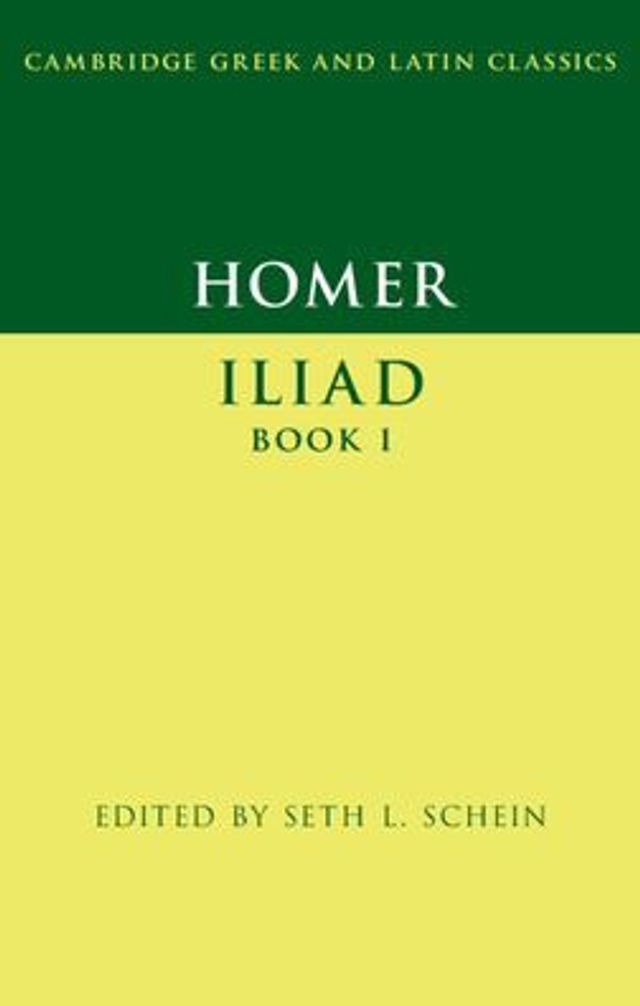Home
All Day Permanent Red: The First Battle Scenes of Homer's Iliad Rewritten
Barnes and Noble
All Day Permanent Red: The First Battle Scenes of Homer's Iliad Rewritten
Current price: $14.00


Barnes and Noble
All Day Permanent Red: The First Battle Scenes of Homer's Iliad Rewritten
Current price: $14.00
Size: OS
Loading Inventory...
*Product information may vary - to confirm product availability, pricing, shipping and return information please contact Barnes and Noble
Setting down her topaz saucer heaped with nectarine jelly,
Emptying her blood-red mouth—set in her ice-white face—
Teenaged Athena jumped up and shrieked:
"Kill! Kill for me!
Better to die than live without killing!"
Who says prayer does no good?
Christopher Logue's work in progress, his Iliad, has been called "the best translation of Homer since Pope's" (
The New York Review of Books
). Here in
All Day Permanent Red
is doomed Hector, the lion, "slam-scattering the herd" at the height of his powers. Here is the Greek army rising with a sound like a "sky-wide Venetian blind." Here is an arrow's tunnel, "the width of a lipstick," through a neck. Like Homer himself, Logue is quick to mix the ancient and the new, because his Troy exists outside time, and no translator has a more Homeric interest in the truth of battle, or in the absurdity and sublimity of war.
Emptying her blood-red mouth—set in her ice-white face—
Teenaged Athena jumped up and shrieked:
"Kill! Kill for me!
Better to die than live without killing!"
Who says prayer does no good?
Christopher Logue's work in progress, his Iliad, has been called "the best translation of Homer since Pope's" (
The New York Review of Books
). Here in
All Day Permanent Red
is doomed Hector, the lion, "slam-scattering the herd" at the height of his powers. Here is the Greek army rising with a sound like a "sky-wide Venetian blind." Here is an arrow's tunnel, "the width of a lipstick," through a neck. Like Homer himself, Logue is quick to mix the ancient and the new, because his Troy exists outside time, and no translator has a more Homeric interest in the truth of battle, or in the absurdity and sublimity of war.


















